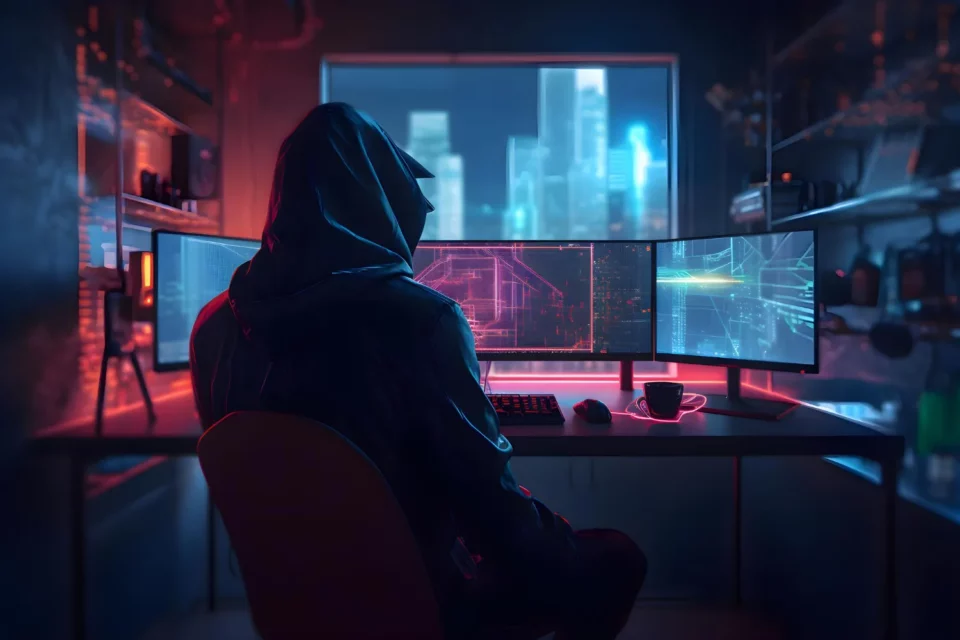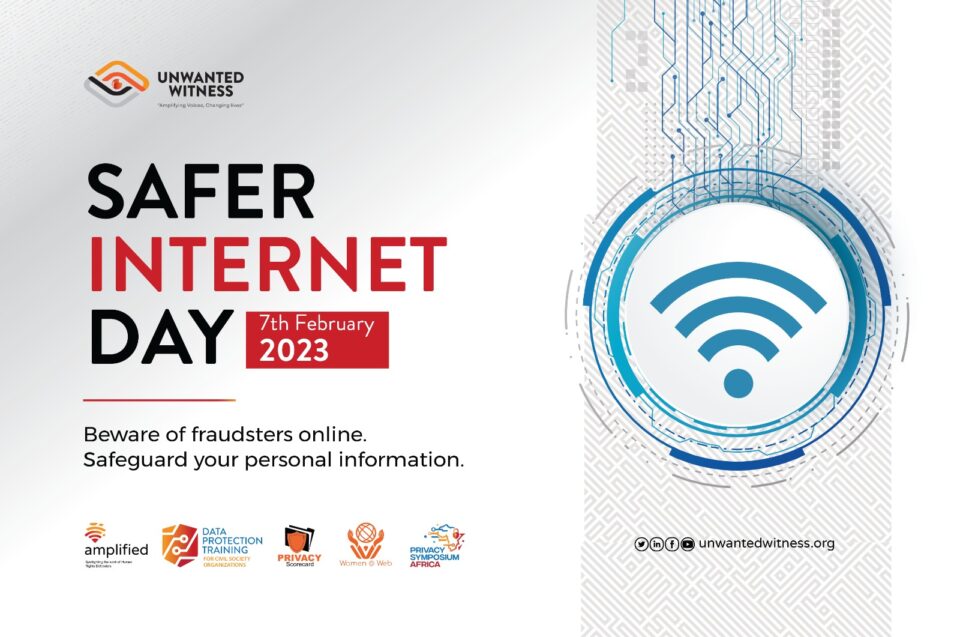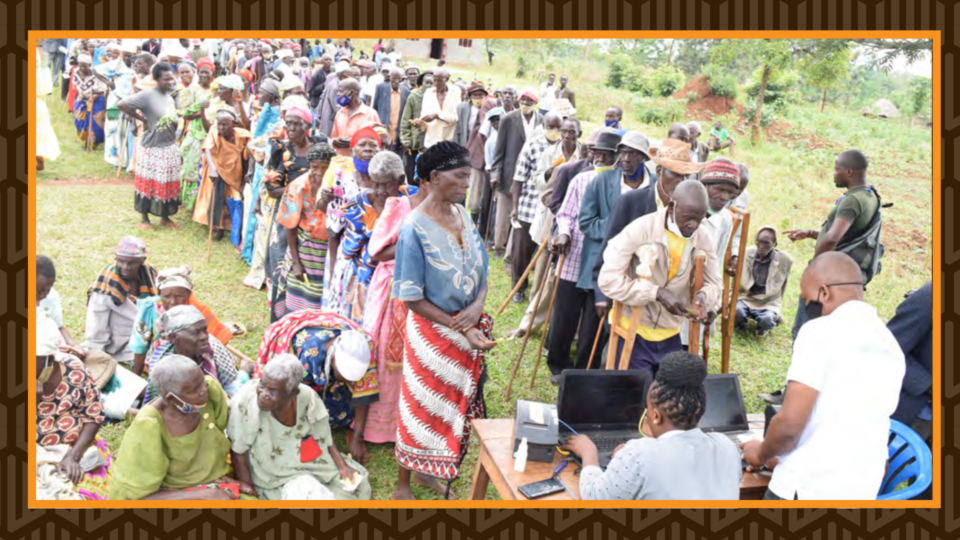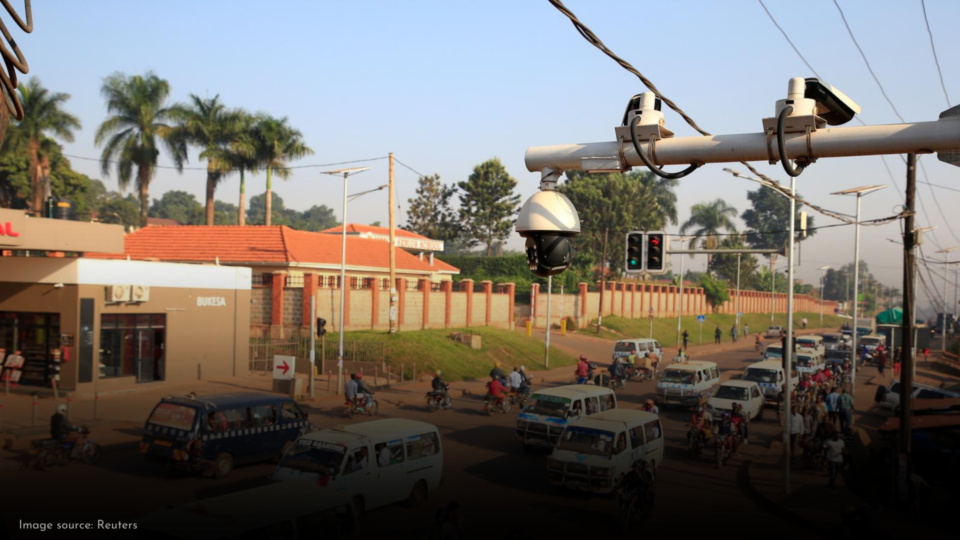SOCIAL MEDIA CRACKDOWN IS A THREAT TO DIGITAL RIGHTS AND INTERNET FREEDOMS

Kampala, 22nd /June/2015; While the Internet has for a very long time been a vital source of information, news and provides platforms where individuals can express their thoughts, opinion and views, in a manner that is yet to be censored. Recent media reports point to a worrying trend.
Such platform the Unwanted Witness notes should be kept unrestricted at all costs for the enjoyment of such sacred rights ordinarily enjoyed offline, especially the freedoms of expression, opinion and thought as the Internet provides new boundaries without frontiers.
Having in mind Article 19 of the Universal Declaration of Human rights that guarantees Everyone`s right to freedom of opinion and expression; which right includes freedom to hold opinions without interference and to seek, receive and impart information and ideas through any media and regardless of frontiers.” Coupled with the 1995 constitutional guarantees to freedom of expression, speech, thought and opinion under Article 29 that protects the right to freedom of speech and expression, which shall include freedom of the press and other media. Hence we denote that the term ‘other media’ in this case means social media or Internet based media, among others.
The notion of seeking, ‘receiving and imparting information and ideas through any media and regardless of frontiers’ as advanced by Article 19 of the UDHR has been construed to include the Internet as other forms of frontiers. That while individuals have rights offline, such rights cannot be derogated whenever they get online. The essence of enjoyment of such rights and freedoms enunciated under Article 29, which envisages all forms of media without control by the state, gives individuals the freedom of expression in all forms of dissemination of the expression.
Recalling the United Nations Human Rights Council resolution which affirms that internet freedom is a basic human right and that people have the right to freedom of expression on the internet, Uganda should not only respect its international commitments, but also facilitate the development of ICT to enable more citizens access the internet; enjoy such online rights as if they were offline.
Recognizing the importance of social media platforms around the globe, Internet based frontiers have provided New Voices on new frontiers without borders hence helping to transform Societies. Online activists are currently witnessing an orchestrated move by the government and its agencies to continually control dissent and diverging opinion including controlling/ restricting the platforms through which such dissent filters to the entire public.
This comes at the backdrop when Uganda is preparing itself for the 2016 general elections, and the need to stifle all forms of dissent classifying it as sectarian attacks. The government through its agencies is put in place mechanisms in which mainstream traditional media is controlled to the extent of practicing self-censor by journalists and thus social media is providing such platforms that support a divergent opinion. With the need to have a grip hold on all forms of communications/ expression platforms, the government has established a cybercrimes unit under the Uganda Police Force to work in collaboration with the Forensic Referral Centre of Excellence to allegedly crack down on social media crime. Recent media reports[1] note that the unit is headed by assistant police superintendent Richard Ndaboine and is to work hand in hand with the Forensic referral Centre of excellence to execute its mandate.
“The aim of establishing the unit is to crack down on use of social media especially on persons considered using cyberspace to incite hatred and tribalism, which has been noted might cause security risk to the country. In doing this, the government seeks to invoke the Regulation for interception of Communications Act 2010 that seeks to monitor communications by individuals in whatever form”. Says Godfrey Twesigye the acting Chief Executive officer, Unwanted Witness Uganda
He added that the move by the government seeking to monitoring, restricting and controlling the internet aims at stifling online freedoms and is inconsistence with not only Article 29 of the 1995 constitution, but also offends Article 19 of the UDHR that protects expression through any media and regardless of frontiers.
The Unwanted Witness believes that the above actions however lawful are made under the color of law, and are unconstitutional as they intend to limit the enjoyment of fundamental rights and freedoms contrary to the 1995 constitution. While the yet to be challenged legal framework provides the government with the authority to monitor and undertake surveillance of all communications done on whatever frontiers including the internet through social media, such acts are intend to stifle divergent opinion and especially internet freedoms.
In light of the above, The Unwanted Witness would recommend the following;
- The Uganda Police force should reveal the powers of the cybercrimes unit;
- Government should urgently pass the Privacy and Data Protection Bill 2014 to safeguard citizens from unnecessary intrusion;
- Establish and empower an independent commission/ agency to oversee the actions of the cybercrimes unit and any such agencies involved in surveillance;
[1] Daily monitor Monday June 22nd 2015 Pg5 or website http://www.monitor.co.ug/News/National/Crackdown-on-social-media-crime-starts/-/688334/2760414/-/snxsk9/-/index.html
For more information contact
THE UNWANTED WITNESS – Uganda |
P. O. Box 71314 Clock Tower K’la Uganda | Plot 41 Gadaffi Road |
Website: www.unwantedwitness.or.ug
Telephone: o: +256 414 697 635 |
Email: info@unwantedwitness.or.ug | Twitter: @unwantedwitness |
Skype: unwantedwitness | Face book: unwanted witness Uganda
Blog: http://unwantedwitnessuganda.wordpress.com/




